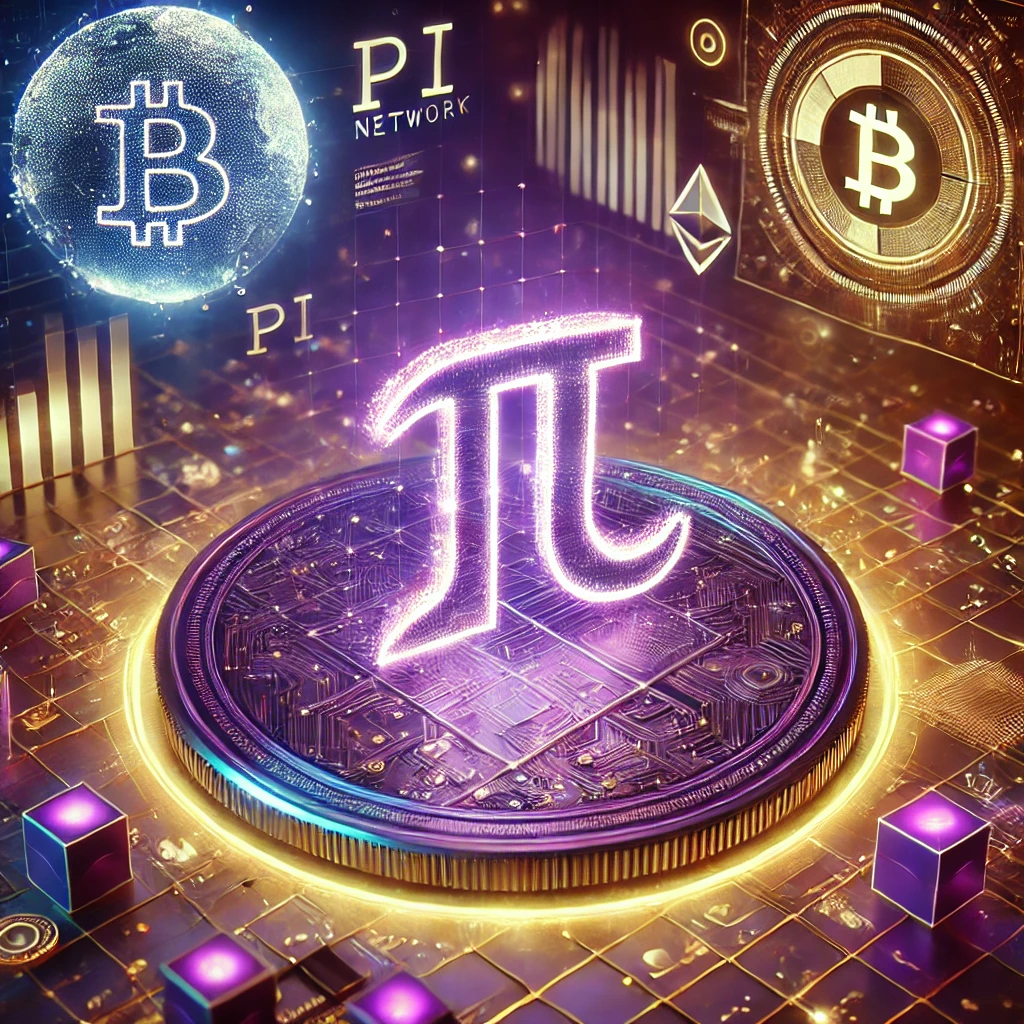[ad_1]
Web3, or the decentralized web, is the future of the internet. It has the potential to revolutionize how we interact with one another, how we do business, and how we navigate the online world. But what exactly is Web3, and how can we unlock its potential?
Web3 is a new paradigm of the internet. It is a network of decentralized applications (dApps) that leverage blockchain technology to create a trustless, peer-to-peer environment. In layman’s terms, Web3 is about decentralizing the internet to empower individuals and break away from the centralized model that we’ve come to know.
One of the key benefits of Web3 is its ability to enable smart contracts. Smart contracts are self-executing contracts with the terms of the agreement between buyer and seller being directly written into lines of code. This means that they are executed automatically when the predetermined conditions are met. This technology can enable us to remove intermediaries, reduce transaction costs and automate complex processes.
Moreover, Web3 can provide individuals with control and ownership of their digital assets. In a centralized system, users have to trust a third-party to keep their data secure. With Web3, users won’t lose control of their data and identity as they can verify on their own the validity of a transaction. This concept of empowerment can bring new models for online identity verification, digital property, and a truly decentralized economy.
Decentralized Finance, or DeFi, is one of the most prominent use cases of the Web3 ecosystem. DeFi is a new form of finance that allows users to access financial services without the need for intermediaries such as banks or brokers. DeFi has witnessed impressive growth in 2021, with hundreds of billions of dollars worth of assets now held on DeFi platforms.
Of course, Web3 is not without its challenges. For instance, as it is still in its early stages it faces issues such as scalability, security, and usability. Moreover, regulatory issues remain a major obstacle for DeFi adoption, as it still sits in a grey area of legislation.
But despite these challenges, Web3 represents a significant step forward for the internet. We are moving towards an era of decentralized systems, smart contracts, and peer-to-peer networks. It is critical for developers to think outside of the box to create new and innovative applications that leverage the potential of this new paradigm.
In conclusion, the future of the internet is decentralized. The potential of Web3 is vast, and it is up to us to unlock it. The ways in which we interact with one another, alongside the way we conduct business, can all be transformed through the power of blockchain-based technology. The time to invest, innovate and create is now.
[ad_2]














